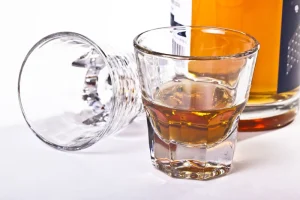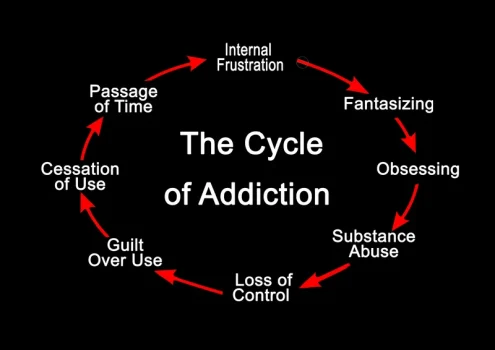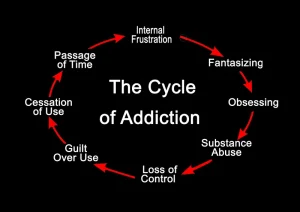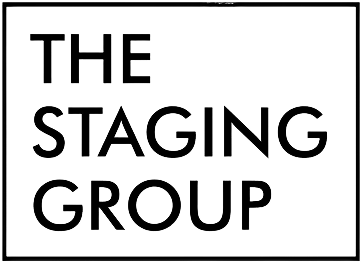
The symptoms are elicited by internal and external cues that evoke the memory of the euphoric effects of alcohol and of the discomfort of alcohol withdrawal. Establishing and maintaining a support network requires proactive effort and communication. Reach out to loved ones, join self-help groups, or seek professional assistance to build a robust support system.
How Physical Therapy Enhances Recovery for Athletes
Addiction is a chronic condition, and just as individuals with other chronic illnesses require ongoing care, those recovering from substance use need consistent support. Relapse prevention minimizes the risk of returning to harmful patterns by addressing the underlying triggers and providing the tools to cope with life’s challenges. Whether through one-on-one sessions, group therapy, or specialized trauma therapy, staying engaged in therapy helps individuals continue to grow emotionally and psychologically, reducing the risk of relapse.
- UKAT aspires to deliver the highest quality care across all our centres and clinics.
- Similar relapse rates for alcohol, nicotine, and heroin addiction suggest that the relapse mechanism for many addictive disorders may share common biochemical, behavioral, or cognitive components (2,3).
- One primary concern in addiction treatment is the high rate of relapses within a short period after even the most intensive treatment.
- When applying the Gorski method, individuals are encouraged to tailor each of the nine stages to their unique circumstances.
- Whether you or a loved one are experiencing challenges controlling their addictive behaviors, the road toward rebuilding self-control can be overwhelming.
Need Professional Help With Addiction?
Following formal treatment, many patients benefit from entering some form of aftercare. This can range from attending 12-step meetings to living in a sober living facility after completing an inpatient or residential program. Relapse can be an indication that treatment needs to be reinstated or adjusted. Sticking with treatment for the entire length of the program is important, too. For example, if finances tend to cause anxiety, consider speaking with a financial planner or having a family member work with you to create a budget so that you can minimize the need for financial worry.
Try Medication-Assisted Treatment

Unveil alarming alcohol overdose effects, its impact on various populations, and preventive measures. Explore the risks of teen unsupervised access to prescription meds and learn how to ensure safe practices. Opioids are a powerful and effective group of medications used most commonly for pain relief. Use our matching tool to instantly discover the therapists Substance abuse who meet your needs. It can also consist of group therapy sessions in addition to individual sessions with a therapist.
Proven Strategies to Prevent Relapse
Self-care means being mindful of negative or unhelpful thoughts that could incite relapse. It also helps train your body to reduce post-acute withdrawal symptoms in the weeks or months after getting sober. A relapse prevention https://ecosoberhouse.com/ plan works best when you do it under a therapist or counselor’s supervision. That way, you can explore new behaviors and thought patterns to help you stay clean. Many triggers can come from environmental, mental, and emotional sources.
This could be anyone from a close friend to family members or even your coworkers. When you’ve made the decisions to quit drinking, it can affect these relationships if they don’t support your sobriety or minimize the effects of alcohol in your life. The final stage of relapse occurs when an individual resumes the use of the substance. Some researchers have differentiated a “lapse” (an initial use of the substance) from a “relapse” (uncontrolled use of the substance). However, this distinction may be detrimental to some individuals by helping them to minimize the impact of a lapse. Also, an initial lapse can lead to an increased obsession with further use.
- Explore the crucial difference between alcohol use and alcoholism, understand signs, and find help.
- Continuous education about triggers and personal motivations fosters resilience, ultimately enhancing the chances for long-term sobriety.
- Explore the history of addiction, from ancient substance use to modern understanding and treatment.
Addiction Relapse Prevention

Long-term recovery is a journey and like all journeys, there are often setbacks and obstacles to overcome. The important thing is to understand why relapses occur and not allow the voice of addiction to creep back in and undermine the incredible progress that has been made. With tapering, you start slowly to minimize the chances of severe withdrawal and relapse, avoiding the shock quitting cold turkey can cause. Alcohol tapering should be personalized, based on how much and the length of time someone has been drinking.

Especially in the early days of recovery, it is important to avoid such places and find new locations to get together with friends. Being sober doesn’t mean you have to give up all the things and places you once loved, but knowing which destinations could be your biggest triggers, can potentially help you avoid picking up a drink again. A variety of peer support programs have been established to allow individuals who have progressed in recovery to assist people in earlier stages. Sometimes, this is the time to address and confront any underlying cause of your initial addiction. While many may want to address this sooner, people typically do not have the coping skills necessary to do so without increasing their relapse risk. Some people find that certain smells, music, or even words trigger them to think about drinking.

Identifying any triggers that might make you want to drink again is essential. Having the ability to talk to others that understand your recovery process can help. A new study shows that cannabidiol (CBD) can reduce the craving for alcohol in people suffering from alcoholism. CBD is a natural component of the cannabis plant and has no alcohol relapse statistics intoxicating effects. But even if you weren’t drinking heavily beforehand and don’t plan to do so now, you may find that any amount of alcohol affects you differently after a monthlong break from it.


